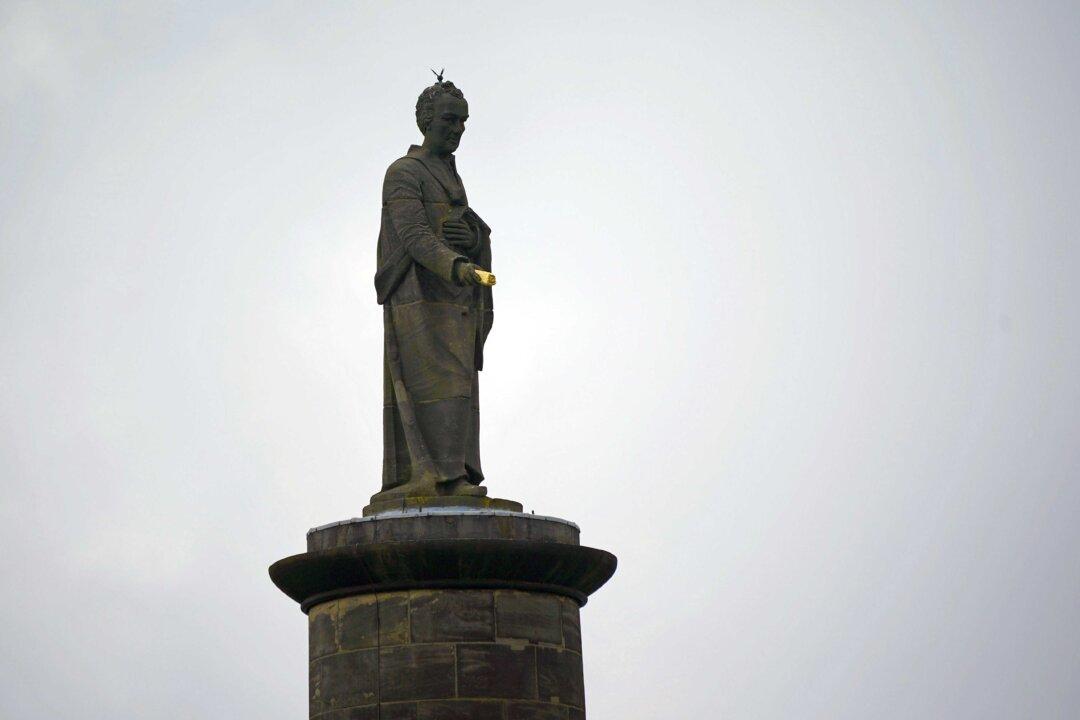Commentary
Over Easter, The American Catholic published a photographic illustration of just how much things can change in a single lifetime.

Over Easter, The American Catholic published a photographic illustration of just how much things can change in a single lifetime.